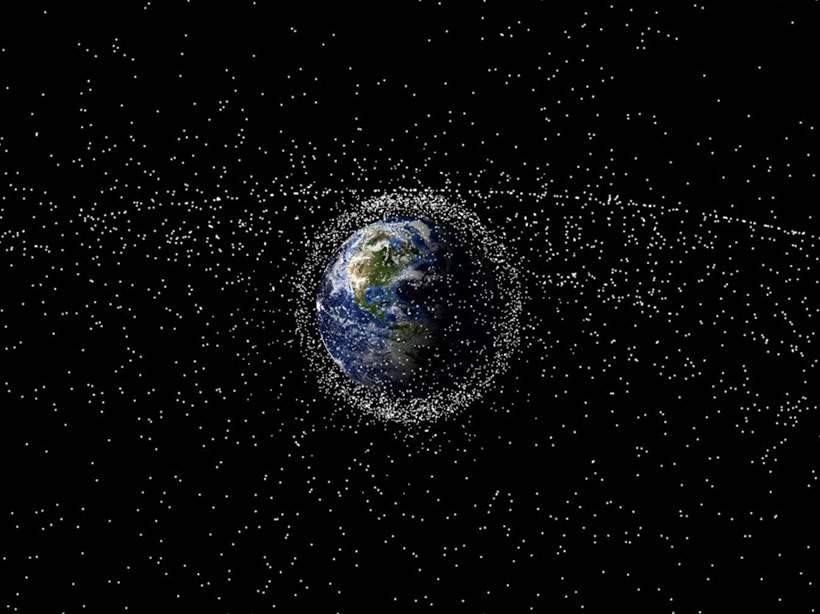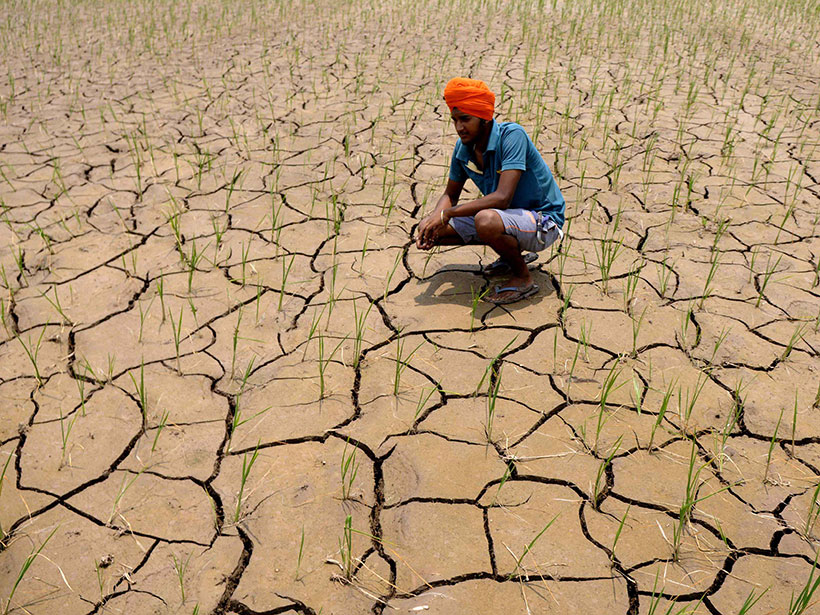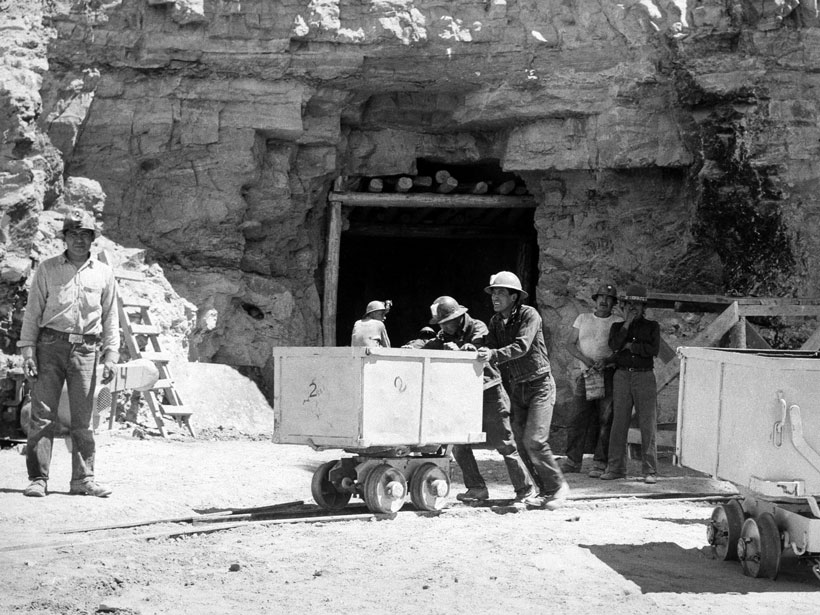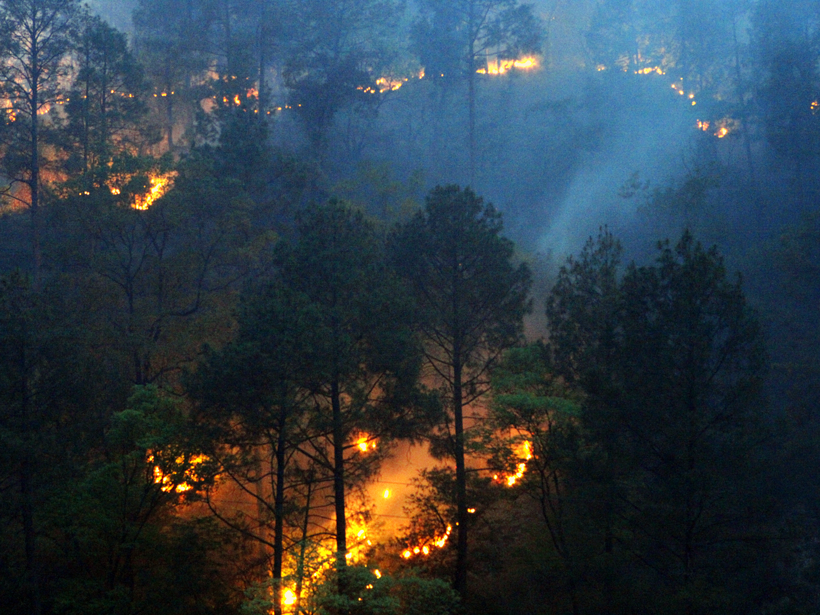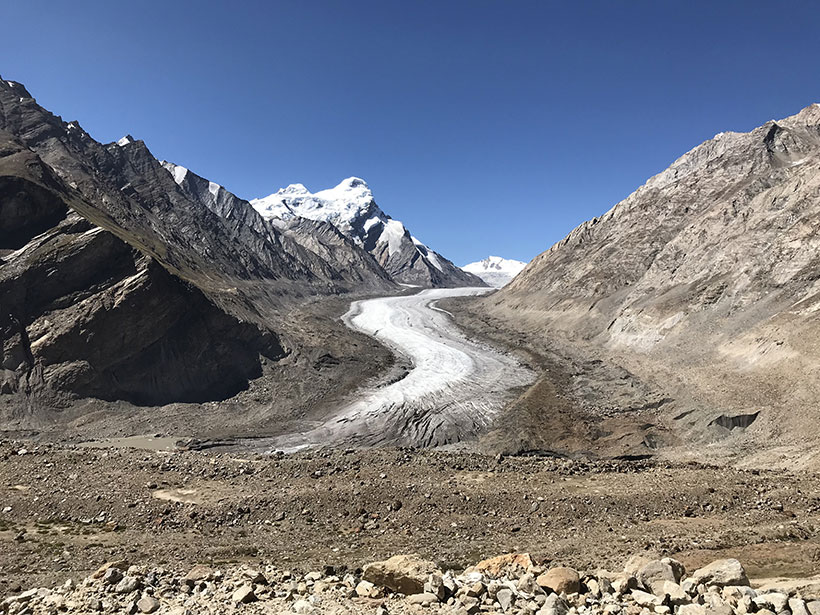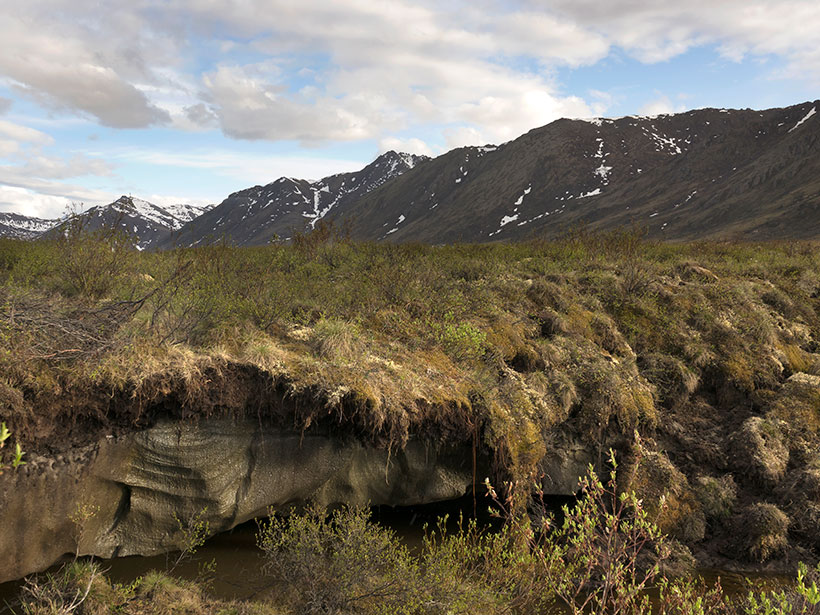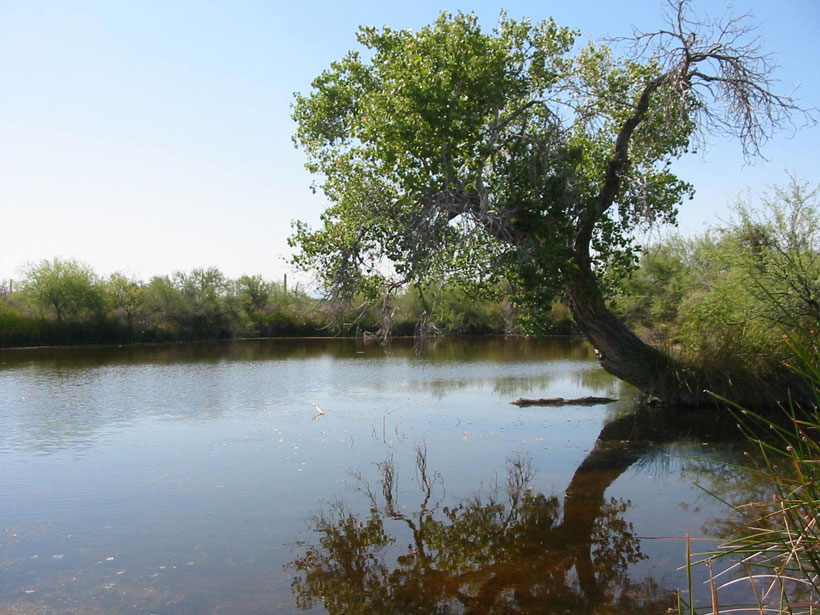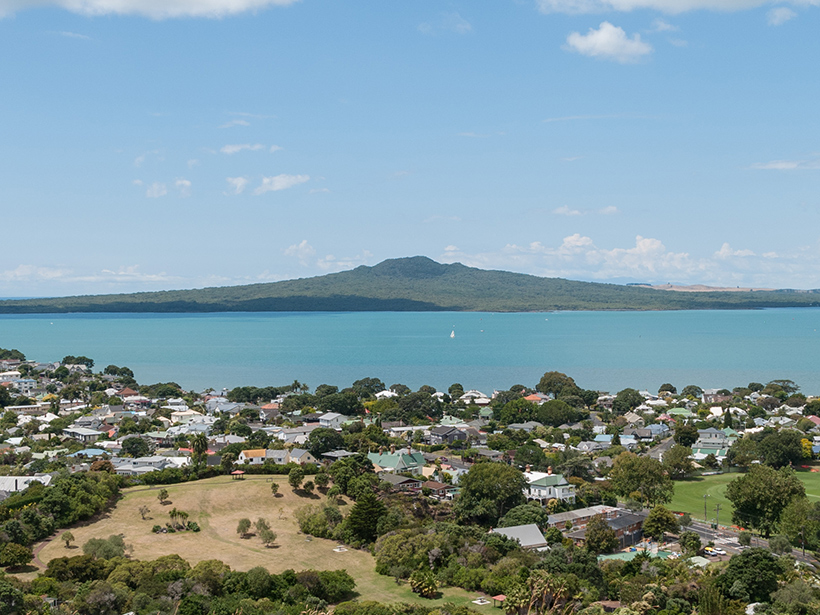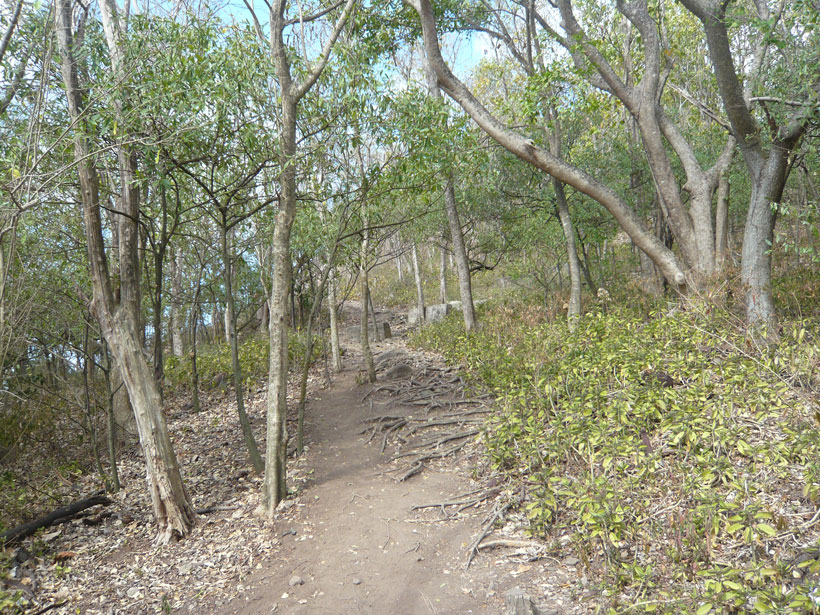What Earth and space science stories are we recommending this week?
News
Flickers of Light Help Map the Space Junkyard
Researchers are identifying space debris by measuring its flickering patterns of reflected light.
India’s Food Bowl Heads Toward Desertification
Water-guzzling rice consumes more water than Punjab can recharge. If current irrigation rates continue, the state will empty its groundwater reserves within 20 years.
Thinking Zinc: Mitigating Uranium Exposure on Navajo Land
An innovative clinical trial uses “two-way participation” between Navajo and medical communities to study the impact of zinc on mitigating health effects associated with uranium mining.
COVID-19 Lockdown Reduces Forest Fires in the Western Himalayas
The overlap between peak fire season and pandemic response has made for a serendipitous experiment in forest fires in two Indian states. Humans, not lightning, seem to be the likeliest culprit.
A Future of Retreating Glaciers in the Himalayas
India’s first regional climate change assessment warns of accelerated glacier melt.
Experiments Reveal How Permafrost Carbon Becomes Carbon Dioxide
Field samples from Alaska show how sunlight and iron convert permafrost carbon to carbon dioxide. Climate models ignore this process.
This Week: Sacred Springs and the Search for the Origin of Life
What Earth and space science stories are we recommending this week?
The Seismic Hush of the Coronavirus
Scientists are listening for faint natural signals during the quiet of coronavirus lockdowns.
Worsening Water Crisis in the Eastern Caribbean
Scientists, policy makers, and residents are concerned that ongoing water shortages and longer periods of drought may worsen as the climate changes and that the Paris Agreement has fallen short.


